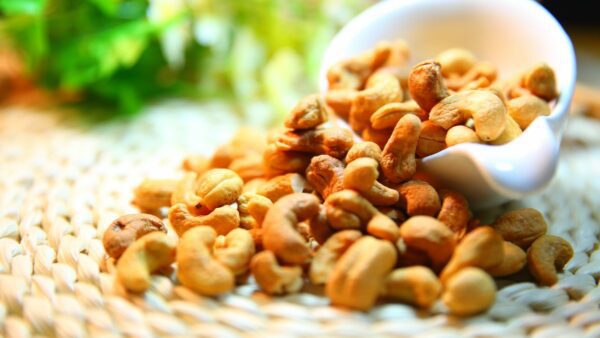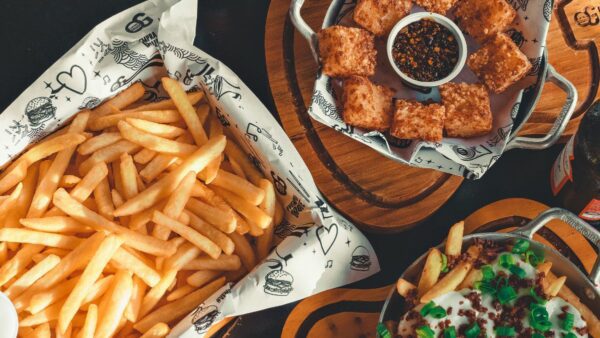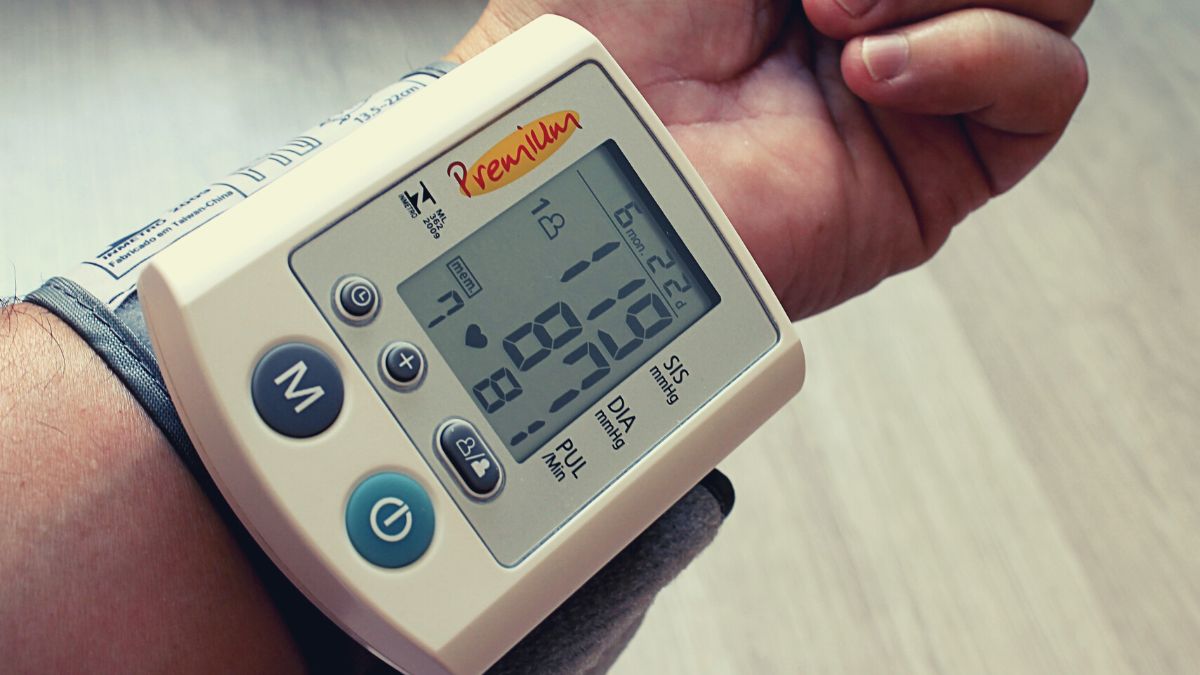The Ultimate Guide on How To Spike Your Blood Sugar Levels. Increase your blood sugar levels with these pointers.
1. Drinking Soda

Drinking soda can cause your blood sugar levels to spike for a number of reasons. The most obvious reason is the high amount of sugar in most sodas. Even “diet” or “zero-calorie” sodas can contain artificial sweeteners that can have the same effect on your blood sugar as regular sugar.
The other reason that drinking soda can cause your blood sugar to spike is because of the way that soda is absorbed by your body. When you drink soda, the carbonation causes your stomach to empty more quickly than it would if you were drinking plain water. This means that the sugar in the soda hits your bloodstream faster, resulting in a higher blood sugar level.
If you are trying to keep your blood sugar under control, it is best to avoid drinking soda altogether. If you do choose to drink soda, opt for a diet or zero-calorie option and drink it with a meal to help slow down the absorption of the sugar into your bloodstream.
2. Eating a Lot of Carbs

If you’re eating a lot of carbs, your blood sugar levels can spike. Here are some top foods to avoid if you’re trying to keep your blood sugar levels in check:
1. White bread – White bread is made with refined flour, which can cause your blood sugar to spike.
2. Pasta – Pasta is also made with refined flour, and it can be difficult to control the portion size when you’re eating it.
3. Sweets – Sugar can cause your blood sugar to spike, so it’s best to avoid sweets if you’re trying to keep your blood sugar levels in check.
4. Fruit juice – Fruit juice is often high in sugar, which can cause your blood sugar levels to spike.
5. White rice – White rice is another food that’s made with refined flour, and it can also cause your blood sugar levels to spike.
3. Eating Foods With Too Much Sugar

When you eat foods with a lot of sugar, your blood sugar levels can spike. People with diabetes should avoid doing this because it can cause serious health problems. It is important to be aware of which foods are high in sugar so that you can avoid them if necessary. Some common offenders include:
-Candy
-Cookies
-Ice cream
-Pie
-Cake
-Fruit juice
-Soda
If you have diabetes or are at risk of developing it, you should avoid these sugary foods as much as possible. Stick to whole fruits and vegetables, lean proteins, and complex carbs like whole grains instead. These nutritious foods will help keep your blood sugar levels in check and prevent any dangerous spikes.
4. Not Eating Enough Protein at Every Meal

If you’re not eating enough protein at every meal, your blood sugar levels can spike. Protein helps to regulate blood sugar levels and can help to keep them stable. If you’re not getting enough protein, your body may start to break down muscle for energy, which can lead to a spike in blood sugar levels.
5. Eating Too Many Fatty Foods

Eating too many fatty foods can spike your blood sugar levels for a variety of reasons. First, fat takes longer to digest than other nutrients, so it can cause a slower and more gradual release of sugar into the bloodstream. This can lead to spikes in blood sugar levels if you eat fatty foods along with sugary or high-carb foods.
Additionally, fatty foods tend to be more calorie-dense than other types of food, so eating too much of them can cause weight gain. This can in turn lead to insulin resistance, which is a major factor in type 2 diabetes. So if you’re trying to keep your blood sugar levels under control, it’s best to limit your intake of fatty foods.
6. Drinking Alcoholic Beverages

Drinking alcoholic beverages can cause your blood sugar levels to spike. Alcoholic drinks are full of sugar and calories, which can raise your blood sugar levels. If you have diabetes, alcohol should not be consumed. If you do drink, be sure to monitor your blood sugar levels closely.
7. Getting Less Than Eight Hours of Sleep Each Night

A lot of people don’t realize that not getting enough sleep can actually have an effect on blood sugar levels. When you don’t get enough sleep, your body doesn’t have time to properly process the sugar from your food, which can end up causing your blood sugar to spike. If you regularly find yourself getting less than eight hours of sleep each night.
8. Skipping Breakfast

When it comes to breakfast, many people think that skipping it will help them lose weight. However, what they don’t realize is that by doing so, they are actually spiking their blood sugar levels.
Here are some of the top foods that can spike your blood sugar levels if you eat them for breakfast:
1. Cereal – Most cereal is high in sugar and carbs, which can cause a spike in blood sugar levels.
2. Pancakes – Pancakes are another breakfast food that can be high in sugar and carbs, causing a spike in blood sugar levels.
3. Waffles – Like pancakes, waffles can also be high in sugar and carbs, resulting in a spike in blood sugar levels.
4. Bagels – Bagels are often coated with malt syrup or honey, both of which can cause a rise in blood sugar levels.
5. Donuts – Donuts are usually fried and coated with sugary frosting, making them one of the worst breakfast foods for blood sugar levels.
What is Blood Sugar?

There are two types of blood sugar: fasting blood sugar (FBS) and postprandial blood sugar (PPG). FBS is the sugar level in your blood after you have fasted for at least 8 hours. PPG is the sugar level in your blood 2 hours after you have eaten a meal.
The normal range for FBS is 70-99 mg/dL. The normal range for PPG is less than 140 mg/dL. If your FBS or PPG is higher than these ranges, it means you have high blood sugar levels.
High blood sugar levels can be caused by many factors, including eating sugary foods, not getting enough exercise, stress, certain medical conditions (such as diabetes), and taking certain medications (such as steroids).
You can lower your high blood sugar levels by making lifestyle changes (such as eating a healthy diet and getting more exercise) and/or by taking medication (such as insulin or metformin).
What Causes a Rise in Blood Sugar Levels?
There are a number of things that can cause your blood sugar levels to rise.
Eating sugary or high-carb foods: When you eat foods that contain sugar or simple carbs, your body breaks them down into glucose and releases them into your bloodstream.
Drinking alcohol: Alcohol can cause your blood sugar levels to rise because it prevents your body from using insulin properly.
Stress: Stress hormones like cortisol can cause your blood sugar levels to rise.
Certain medications: Some medications, such as steroids and birth control pills, can cause your blood sugar levels to rise.
Foods That Can Make Your Blood Sugar Go Up:
Foods that are high in sugar, refined carbohydrates, or unhealthy fats can all lead to a sudden increase in blood sugar levels. If you have diabetes or are prediabetic, it’s important to be aware of which foods can cause your blood sugar to spike so you can avoid them or eat them in moderation.
Some of the top foods that can cause a spike in blood sugar levels include:
• Refined carbohydrates: White bread, pasta, rice, pastries, etc.
• Sugary drinks: Sugar beverages include soda, fruit juice, energy drinks, etc.
• Simple sugars: Table sugar, honey, agave nectar, etc.
• Dried fruit: Raisins, dates, apricots, etc.
• Unhealthy fats: Trans fats and saturated fats are found in processed foods and fast food.
Some foods that help regulate blood sugar levels:
1. Whole grains:
Whole grains are a great source of fiber and nutrients, and they can help regulate blood sugar levels. Whole-grain bread, pasta, and cereals are all good options.
2. Beans and legumes:
Beans and legumes are other excellent sources of fiber and nutrients. They can help slow the absorption of sugar into the bloodstream, keeping blood sugar levels more stable.
3. Fruits and vegetables:
There are lots of vitamins, minerals, and fiber in fruits and vegetables. They can help control blood sugar by making it take longer for sugar to get into the bloodstream.
4. Lean proteins:
Lean proteins such as chicken, fish, tofu, and beans can also help regulate blood sugar levels. They help slow the absorption of sugar into the bloodstream, keeping blood sugar levels more stable.
Conclusion
If you have diabetes or are prediabetic, it’s important to be aware of the foods that can spike your blood sugar levels. While there are many factors that affect blood sugar, what you eat is one of the most important.
By avoiding these types of foods, you can help keep your blood sugar levels under control and avoid some of the complications associated with diabetes.







